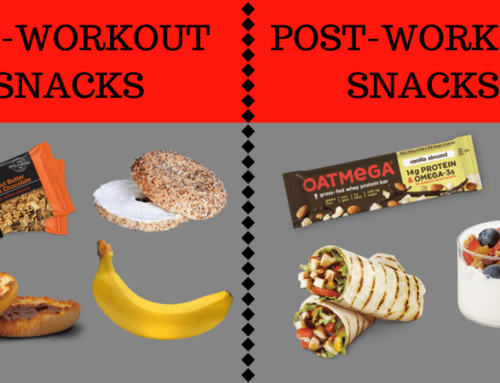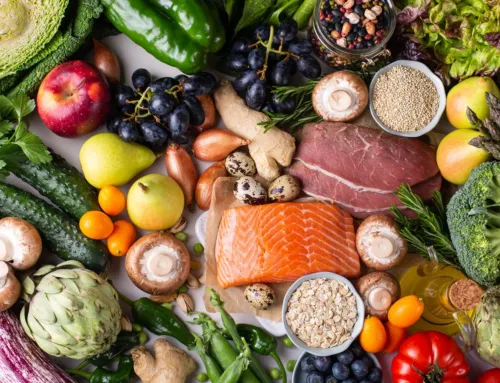Did you know that February is American Heart Month?
Unfortunately, heart disease remains the leading cause of death for both men and women. It is considered a “lifestyle disease” meaning heart health is affected by the way people live their lives. Therefore, heart disease can be prevented through proper education and consistent action.
Here are One on One’s key tips to improving heart health:
Exercise with intensity.
Intensity is a key variable for improving heart health. The heart is a muscle, and just like other muscles, needs to be worked hard enough to get stronger. Additionally, high intensity exercise significantly contributes to calorie burn (EPOC) which promotes weight loss and ultimately lowers risk of disease.
Want to track and measure your exercise intensity? Start using MYZONE. You can learn more about MYZONE here.
Limit sodium intake.
We all know that excessive sodium intake is associated with high blood pressure and heart disease. But how much is too much?
The FDA recommends that individuals consume 2,300 milligrams per day. The average daily sodium intake for Americans is 3,400 milligrams! In order to moderate sodium intake, choose foods with 230 milligrams or less per serving and meals with 600 milligrams or less per serving. If you have high blood pressure, aim for a total daily intake of 1,500 milligrams per day and choose foods with less than 140 milligrams per serving.
Click here for a list of common foods that contain sodium. You may be surprised by the high sodium content in some foods!
Choose healthy fats.
Fat can get a bad rep. However, when consumed in proper portions, fat can have a profoundly positive impact on cholesterol levels and heart health.
Recent research has found that the type of fats we consume has a bigger impact on blood cholesterol levels than total cholesterol in food does. In other words, dietary fat content is the most significant (controllable) factor on blood cholesterol levels.
Here are some recommendations:
- Limit your total cholesterol intake to 200 milligrams per day.
- Decrease saturated fat intake. Saturated fats increase our LDL (“bad”) cholesterol. Click here for a list of foods that contain low, medium, and high levels of saturated fats.
- Eliminate all trans fats. Trans fats decrease our HDL and increase our LDL cholesterol. They can be found in fried foods, bakery items and processed foods such as chips and cookies.
- Increase unsaturated fat intake. Unsaturated or “healthy” fats increase our HDL cholesterol and lower our LDL cholesterol. Click here for a list foods that contain unsaturated fats.
Regardless of your heart health, we suggest you monitor your fat intake. It’s easy for saturated fat intake to become excessively disproportionate to unsaturated fat intake. Use the aforementioned food lists and balance your fat intake.
Conclusion
Application is key. These strategies will only work when implemented consistently over time. It’s important to note that you will practice heart healthy habits at some point in your life. We suggest starting before living with a health crisis such as heart disease.
As always, speak with our staff for specific recommendations and guidance.




